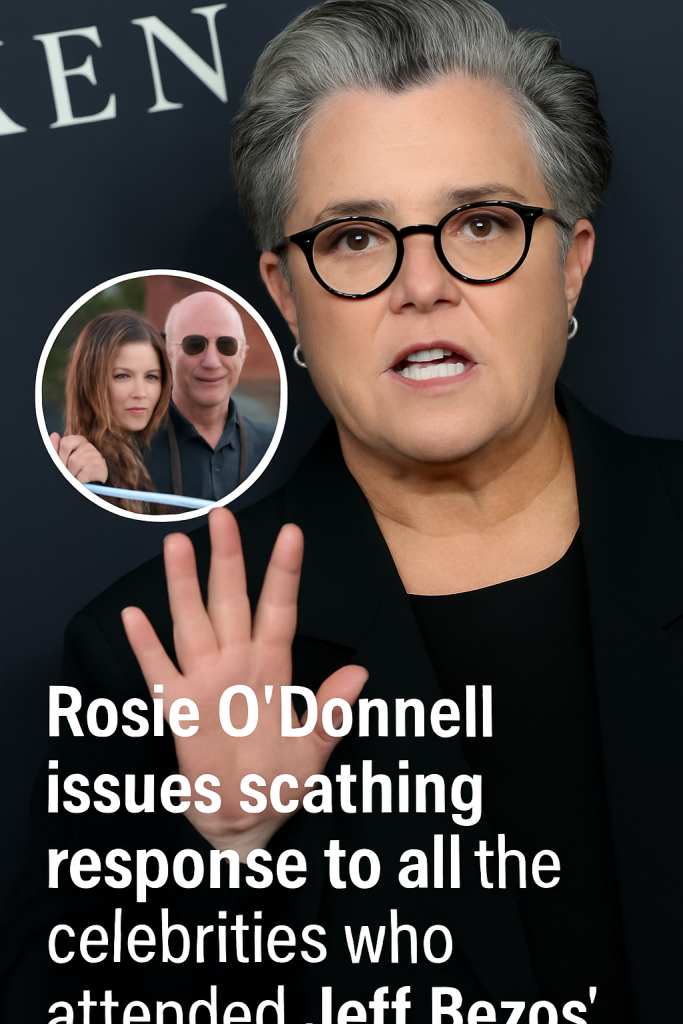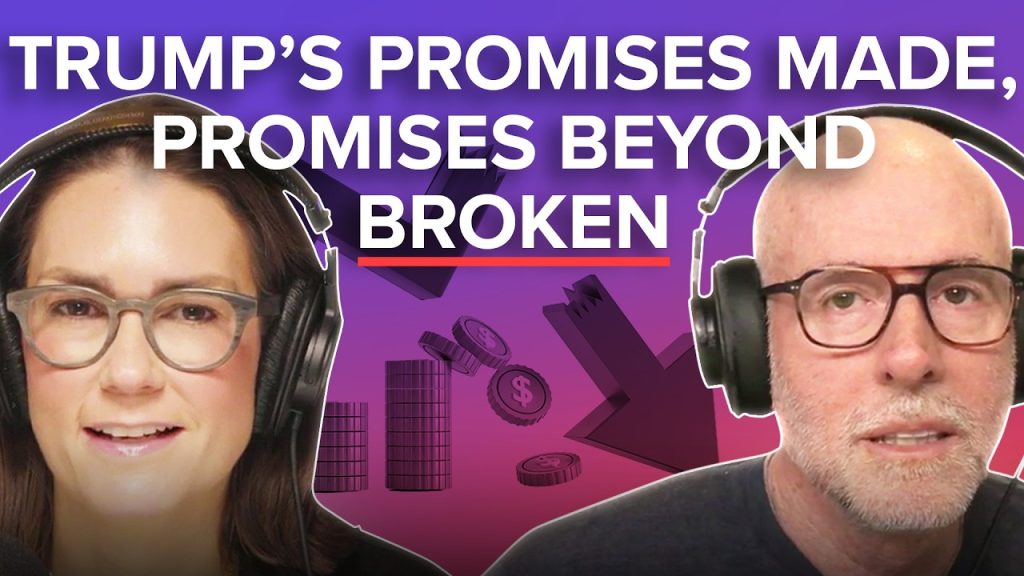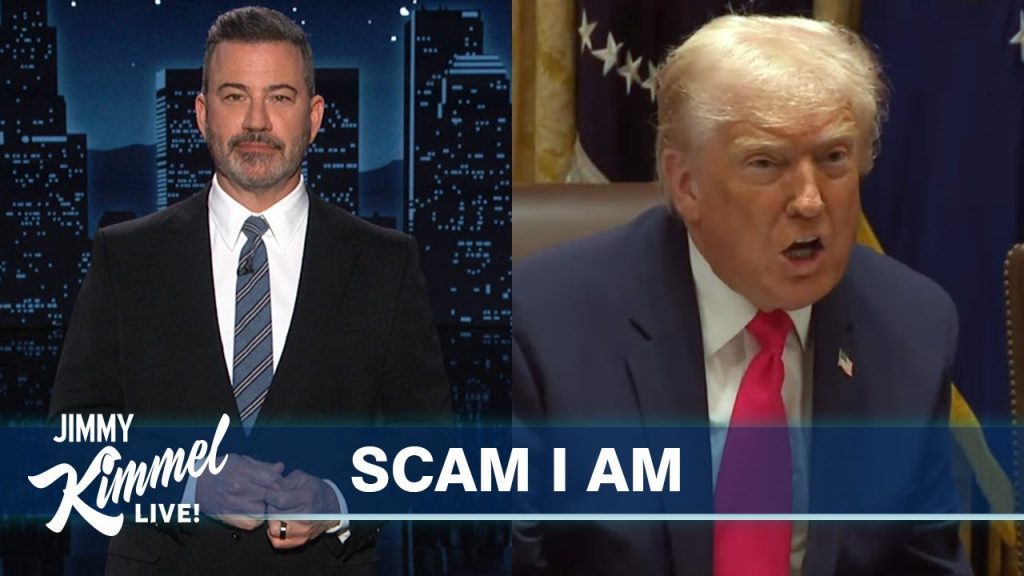The extravagant $56 million wedding of Jeff Bezos has not only dazzled with its over-the-top opulence but also sparked a fierce backlash from one of Hollywood’s most outspoken voices. Rosie O’Donnell, known for her blunt commentary and sharp wit, unleashed a scathing critique targeting the celebrities who attended the lavish celebration, raising questions about accountability and the ethical implications of public figures endorsing extreme wealth displays.
Held earlier this year, the wedding reportedly cost a staggering $56 million, featuring luxury yachts, exotic performances, and a guest list packed with A-list stars from various entertainment and business sectors. O’Donnell’s fiery response rapidly gained traction on social media, where she did not hold back in condemning every celebrity who chose to join the event.
Why did Rosie O’Donnell savage every celeb there? In her remarks, she denounced the attendees for what she described as “complicity in an irresponsible flaunting of wealth,” especially during times when growing economic divides and global crises demand empathy and solidarity. According to O’Donnell, celebrities must be mindful of the message their participation sends, especially in an era marked by increasing financial inequality and widespread calls for social justice.
Her pointed statements, capturing the attention of thousands online, reflect a broader cultural debate surrounding wealth, privilege, and the role of public figures in social and economic issues. O’Donnell’s criticisms were not just about the cost, but about the optics of celebrating such lavishness amid global hardship.
“It isn’t just about the billions. It’s about what we endorse and normalize,” O’Donnell tweeted, emphasizing the responsibility that comes with celebrity influence. She suggested that attending such an event without protest effectively condones the extremes of wealth accumulation and social disparity.
Who’s really to blame? The controversy has divided public opinion. Some argue that the onus should be on the host—Jeff Bezos—whose immense fortune fuels the spectacle. Others insist that celebrities possess the agency to decline invitations and reject displays of conspicuous consumption, thus wielding their platforms to set positive examples.
A few attendees have responded indirectly through their social media, expressing gratitude for the invite and framing the wedding as a private celebration, not a political statement. However, the discourse initiated by O’Donnell has forced many to reconsider the ethical dimensions of indulging in high-profile events funded by ultra-wealth.
Experts in cultural commentary point out that while the criticism toward individual celebrities is valid, it also underscores a systemic issue within society’s structure, where wealth concentration often intersects with celebrity culture. The spectacle of Bezos’ wedding serves as a microcosm reflecting broader tensions around wealth, fame, and social responsibility.
As the conversation unfolds, it appears that the $56 million wedding is more than a luxurious feast—it is a flashpoint igniting an important dialogue on accountability and the power of influence. Rosie O’Donnell’s outspoken response has undoubtedly fueled this debate, challenging both stars and the public to reflect on the values celebrated in our culture today.
Whether her harsh approach will prompt tangible changes remains to be seen, but one thing is clear: in the world of star-studded extravagance, the spotlight now also falls on the ethics behind the glamor.



